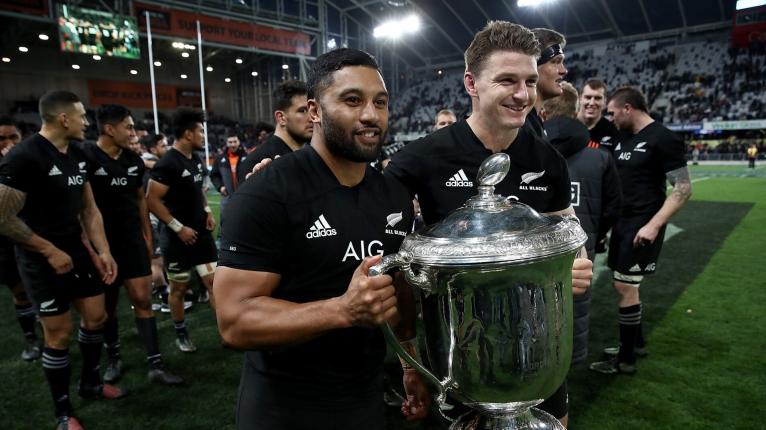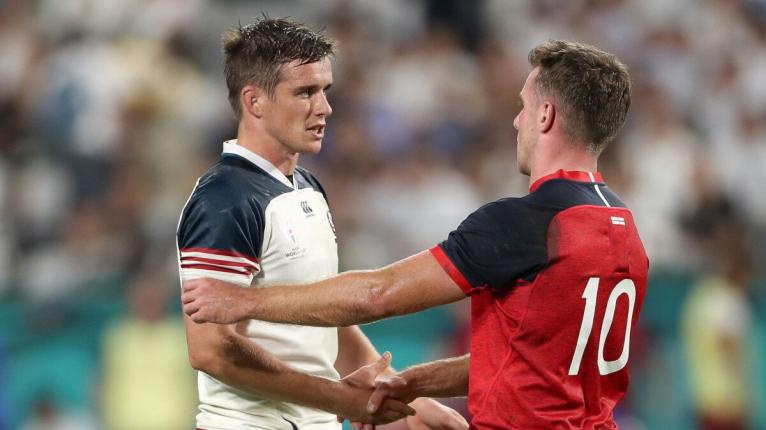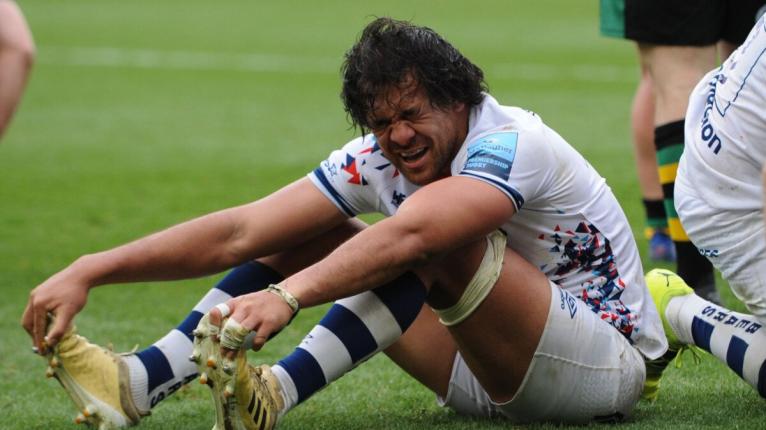The rugby-playing nations of the South Pacific have been handed a much-needed boost following World Rugby’s move to allow capped players to switch national allegiance.
There are a few caveats – they will only be able to do so after a three-year standdown, to the country of their birth or origin.
It’s a surprising, and welcome move, even if it does carry the hint of a compromise needed to get it over the line.

Whilst voting details are not out in the open yet, it does appear that the proposal met with predictable resistance from certain tier-one nations who feel threatened by the thought of stronger Pasifika teams, and it’s not hard to guess who they might be.
New Zealand, Australia and England led the charge to change the laws, but it needed the combined efforts of WR chairman Bill Beaumont and director of rugby and high performance Joe Schmidt to persuade one of the previous opponents to cross the floor and get them over the 75 per cent threshold needed.
Already the speculation is that Tonga in particular will be much stronger come the 2023 World Cup, with the likes of Charles Piutau, Malakai Fekitoa, Vaea Fifita and maybe even Israel Folau in the mix. Despite speculation, Ngane Laumape would be just a few weeks outside the three years, although he could apply for an exemption.
Steven Luatua, Jeff Toomaga-Allen and Lima Sopoaga could join the already qualified Tim Nanai-Wiliams in the Samoa side, while Nathan Hughes, Taqele Nayarovoro and Tevita Kuridrani will eventually be able to suit up for Fiji.
It’s a massive shot in the arm, it looks exciting, and at least on the surface, it’s a great step forward for the nations who give so much to the game, but get so little back.
It may not be likely, but it is conceivable that we could in the future see your AJ MacGintys, Luke Cartys or Paul Mullens switch back from the USA to Ireland, if they only start making a name for themselves globally after already representing their chosen nation.
There are holes in it, of course.
The initial intention was that the traffic be one way, from tier one to tier two only, and not the other way, as is allowed under the newly minted regulations.
Perhaps that was a quid pro quo needed to get Italy, or maybe one of the Celtic nations on board? Or did they think one-way-only might not stand up in a Court of Arbitration?
It’s that two-way nature of the regulations that has the potential to backfire.
It may not be likely, but it is conceivable that we could in the future see your AJ MacGintys, Luke Cartys or Paul Mullens switch back from the USA to Ireland, if they only start making a name for themselves globally after already representing their chosen nation.

Of course, it’s conveniently overlooked in the hackneyed ‘New-Zealand-is-really-just-the-Pacific-Islands-Barbarians’ narrative that NZ has actually been much more a benefactor than a beneficiary. Countless are those who have been raised in the New Zealand system but have gone on to represent other countries. For every one Pasifika player who has turned out for the All Blacks, eleven New Zealand born players have played for a Pacific Islands nation
There is now only a three-year stand down in the way of such players switching back to the country of their birth. It’s not at all what New Zealand had in mind, but it could now happen.
And while this is a move that is about strengthening the have-nots, it’s more likely to only strengthen some of them. Some, who cannot call on these regulations at all, might even be comparatively worse off.
As of February 10, Morgan Parra, courtesy of his lineage, would be free to take his vast experience (but hopefully not his penchant for eye-gouging) off to Portugal – but what’s in it for Georgia, Uruguay, or Chile?
Not much at all.
We can only hope too, that the Island nations won’t just see their returning sons at the World Cup, but year-round.
And it is also a bit inconsistent that the stand-down period for already capped players will be set at three years, when the new “switch of country” regulations for uncapped players will stand at five.
There are other issues that might arise from this over the coming years.
There has been a steady migration of Pasifika peoples to New Zealand and Australia over the past 50 years. The day could come when a player born in New Zealand of Samoan, Tongan or Fijian heritage, may not have a single grandparent actually born in the Islands and will therefore not qualify under any of these regulations.
We can only hope too, that the Island nations won’t just see their returning sons at the World Cup, but year-round.
Players like Luatua and Piutau have been on massive salaries, but how keen will their clubs be to release them if there is even a hint of an encroachment beyond the international window? If history is any gauge, not very.

Will they be willing and able to fly back to New Zealand or Australia for a one-off test, or for the annual Pacific Nations games?
But while there may be some misgivings about the detail, and the possibility of unintended consequences, this is still a well overdue recognition of the massive imprint of Pasifika players on the world stage. Every major nation, bar perhaps South Africa and Argentina, have benefitted in either XVs or 7s – some considerably.
They deserve to get something back, and the prospect of the stars they’ll be able to parade in France in 2023, and how that might impact on the tournament, is thrilling.
And for those who held out for so long against it because they were afraid… Well, bad luck, it just got scarier.


Comments
Join free and tell us what you really think!
Sign up for free